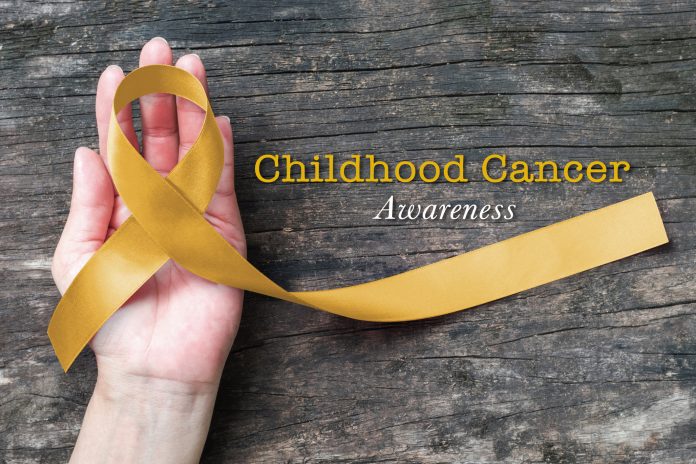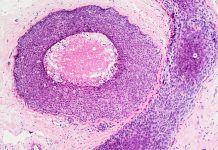Each September, Childhood Cancer Awareness Month brings attention to the fight against pediatric cancers. One of the promising projects currently making waves in this field is MONALISA, a Horizon Europe-funded initiative under the EU Cancer Mission
These efforts are focused on improving the way neuroblastoma, a serious childhood cancer, is monitored after treatment.
Neuroblastoma mainly affects young children and often requires intensive treatment. Unfortunately, even after therapy, more than half of children with high-risk neuroblastoma may experience a relapse. MONALISA’s goal is to detect these relapses earlier, in a less invasive and more child-friendly way, using a cutting-edge method known as liquid biopsy.
A gentle and more effective alternative
Currently, monitoring neuroblastoma involves medical imaging and bone marrow examinations. While effective, these methods can be invasive, costly, and emotionally challenging. They often require hospital stays, sedation, and can cause stress and discomfort for both children and their families.
Liquid biopsies offer a promising alternative. These simple blood tests are capable of detecting tiny traces of cancer-related genetic material, even before symptoms appear or abnormalities show up on scans. Because the procedure is non-invasive, it can be performed more frequently without adding physical or emotional strain.
An international clinical trial
MONALISA is the first clinical trial of its kind to test the use of liquid biopsies for monitoring neuroblastoma in children. It involves a large-scale clinical study in 11 countries, coordinated by the European Society for Paediatric Oncology (SIOP Europe) and backed by a strong network of hospitals, scientists, and research teams.
The project is not only focused on detecting relapse earlier, but it also integrates digital decision-making tools for healthcare providers and includes emotional well-being assessments for families. The combination of medical innovation with digital and emotional support makes MONALISA a comprehensive, patient-centred initiative.
MONALISA has already faced its challenges. One major hurdle was ensuring consistency in laboratory procedures across all participating countries. Standardising these methods was critical to ensure reliable and comparable results across the entire trial.
Another challenge was managing data, making sure that patient information from multiple sources could be connected securely and efficiently while maintaining privacy standards. The project has made substantial progress on both fronts and is now ready to begin patient enrolment.
Looking ahead, a key focus will be on integrating these innovations into national healthcare systems. This includes exploring pathways for insurance coverage and working with policymakers to ensure widespread adoption of the technology.
The success of MONALISA relies heavily on the support provided by the EU Cancer Mission and the Health and Digital Executive Agency (HaDEA). EU funding has enabled the collaboration of top experts across Europe, the development of digital support tools, and engagement with startups and small research teams driving innovation.











